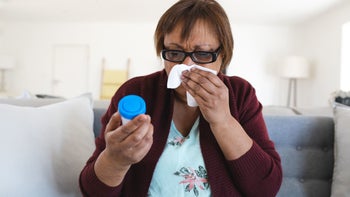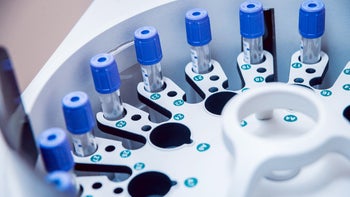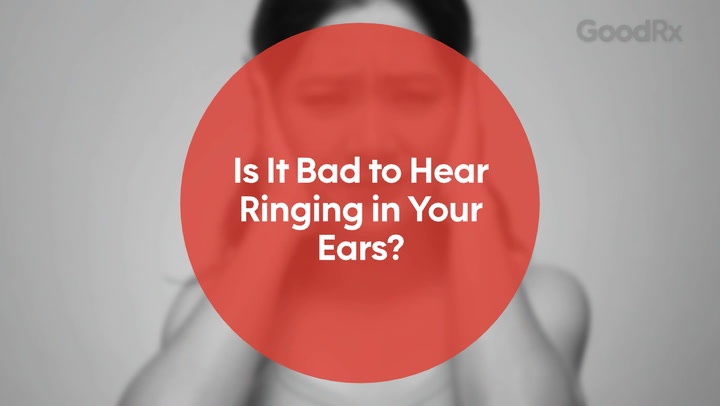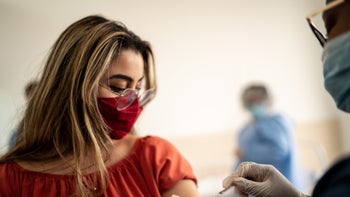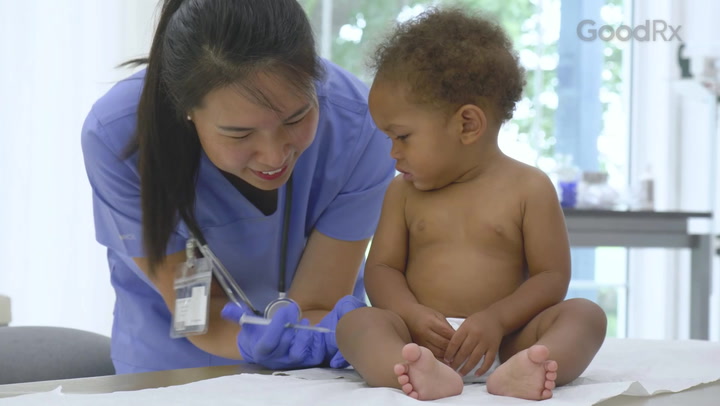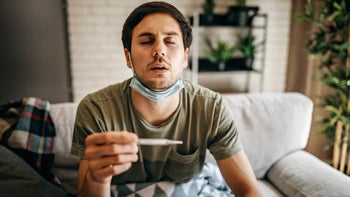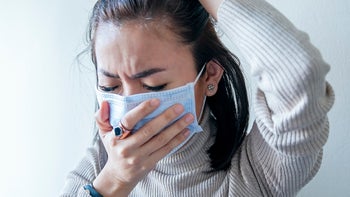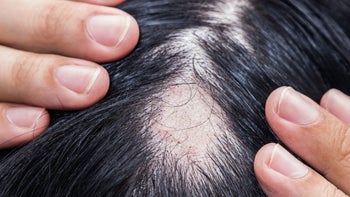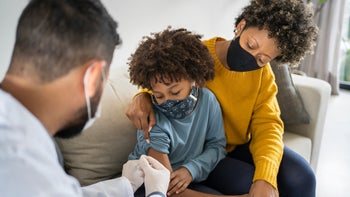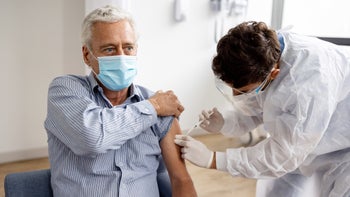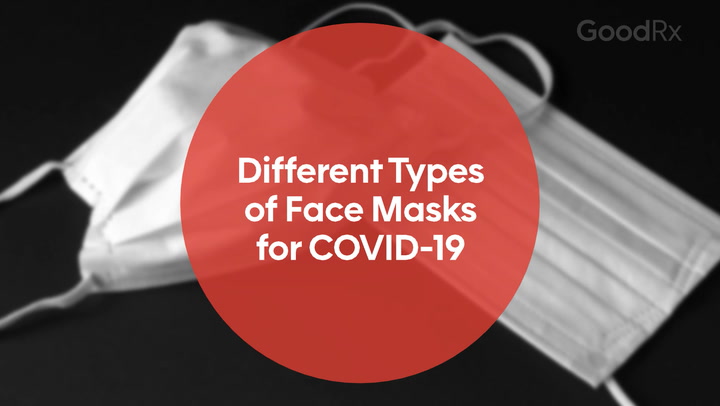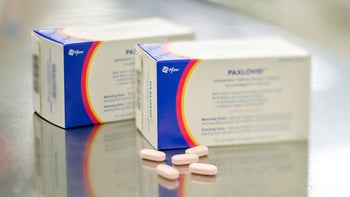
Where Can I Get a Drive-Thru Coronavirus (COVID-19) Test Near Me?
Drive-thru coronavirus testing sites have proven to be effective at keeping those taking and administering tests safe throughout the pandemic. If you’re experiencing COVID-19 symptoms, such as fever, fatigue, and shortness of breath, here’s how drive-thru testing works and where to find a testing site near you.
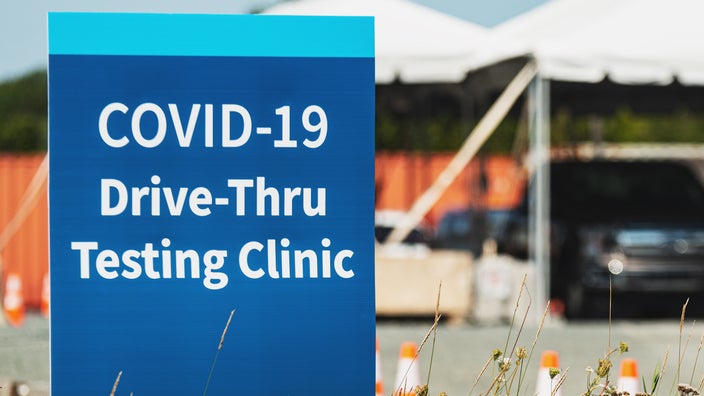
Where are drive-thru coronavirus tests available?
Below are the coronavirus drive-thru testing sites by state. Some testing sites are only open to high-risk people, first responders and medical workers, or members of private healthcare groups. The amount of testing kits available, the weather, and long lines may affect day-to-day operations. Always check the link or call the number provided before heading to a testing site.
Note: As of October 30, we list 8,413 testing sites nationwide. This database is no longer being frequently updated, so be sure to confirm the details of the testing site online or by phone. If you can’t find a testing site near you on the list, here are some simple ways to look for one.
This list is compiled from a variety of sources including health department websites, online news websites, hospital and clinic websites, and social media.
To find a specific type of testing site, look at the “Facility” column, or search one of the following: drive-thru, walk-thru, hospital, or clinic.
How do I find a coronavirus testing site near me?
COVID-19 tests are now more accessible than ever as healthcare clinics, such as primary care clinics and urgent care centers, and pharmacies increasingly work with labs to provide testing in their local communities. Here are some quick ways to find a testing location close and convenient to you:
Call your primary care physician. They are your first stop for getting screened for COVID-19 and referred to a testing site.
Visit your state’s department of health website for community-based testing sites.
Check your local retail pharmacy. Pharmacies like CVS, Walgreens, and Kroger now collect specimens or offer rapid testing at many of their locations nationwide.
Search Google or Google Maps. If you search for “COVID test” on your web browser or the Google Maps smartphone app, it will pull up a list of nearby testing sites. Then read the instructions provided to see if you qualify to get tested at these locations.
Why is drive-thru coronavirus testing a safe option?
While much is still unknown about the coronavirus disease (COVID-19), one thing is certain — it’s highly contagious. Patients who don’t have COVID-19 may be exposed to it while they are waiting for a test at a hospital or clinic.
Drive-thru testing for coronavirus was first implemented in South Korea and quickly adopted in other countries. The idea is simple: By keeping potentially sick patients in their cars and allowing plenty of ventilation throughout the testing facility, the risk of spreading COVID-19 is drastically reduced.
How long does a drive-thru coronavirus test take?
Most drive-thru sites do not have actual testing capability; they just collect specimens. Medical workers will collect 1-2 samples from you with a nasal or throat swab, and the whole process takes less than 10 minutes.
Your sample(s) will then be sent to a lab for testing. Including transit times, your test results should ideally be available within 24 to 48 hours, but delays can extend the processing time to up to a week. Your testing site will have instructions on how you will receive your test results.
If you’re located in a current COVID-19 hot spot, the demand for drive-thru testing may be very high. Be prepared for long on-site wait times, especially if you’re in a big city and your testing site doesn’t require scheduled appointments (and even if it does). Drive-thru testing sites will not likely have bathroom facilities, so plan ahead.
Some testing sites offer newer “rapid tests” which only take 15 minutes to produce results. These tests differ from the older ones in what they detect to determine infection, and this increases the chance of a false negative, meaning the test came back negative even though you have COVID-19. A positive rapid test means you probably have the virus, but a negative rapid test should be confirmed with the standard molecular test. Read more about COVID-19 testing technology here.
What is the drive-thru coronavirus testing process?
Most drive-thru testing sites require an appointment and a referral from a healthcare provider or the local health department. If you have COVID-19 symptoms and are concerned about your health, here are the steps you should take:
Determine if you need testing. Call your primary care provider or an urgent care center, see an online doctor, or contact your state or local health department to evaluate your symptoms and risk. If so, you will be given information to a private (typically members-only) or public drive-thru testing site (set up by your state or local health department). You may be required to make an appointment before you can get tested at a drive-thru site.
Prepare for your test. Bring your physician’s order and a valid photo ID. Check online or call your testing facility beforehand in case they have other instructions. Depending on the testing site, you may be asked to:
Refrain from taking any fever-reducing medications before testing
Refrain from eating before testing
Limit the number of people inside the vehicle with you
Bring a pen with you
Head to your testing location and follow the instructions. Drive to your testing site and follow the lane directions to wait for your turn. Stay inside your vehicle and keep your car windows up unless otherwise instructed. You may be asked to fill out a form while you wait. When it’s your turn, a medical worker will either take your sample through the open car window or hand you a swab and instructions to administer the test yourself.
Find out where to get your results. Take note of any instructions on how you’ll receive your lab results, and you’re all set! As you wait for your results, self-isolate at home until you are determined negative or positive but not contagious according to CDC guidelines.
Is drive-thru coronavirus testing free?
No-cost COVID-19 testing is available to all Americans, but not every test is free. The Families First Coronavirus Response Act, signed into effect on March 18, requires private and federal insurers to pay for FDA-approved testing with no cost-sharing, including drive-thru testing. However, there may be requirements for free testing: CVS Pharmacy, for example, charges $139 per test if you are not exhibiting any symptoms, have not been in contact with a COVID-19 patient, and don’t have a medical referral. Some health clinics may not accept insurance and charge an upfront cost for a COVID-19 test.
The U.S. Department of Health & Human Services (HHS) provides a list of free and no-cost health centers and pharmacies by state here. No matter where you decide to go for a COVID-19 test, make sure you have the cost information before you visit.
Who should get tested for coronavirus? What are the testing criteria?
Availability of tests will depend on where you live. Early hot spot states like California and New York now have enough tests that asymptomatic residents can get tested at local health clinics. However, some testing sites are still reserved for those considered high risk. This includes people who:
are 65 years or older
have severe symptoms
are immunocompromised
have underlying medical conditions
are healthcare workers
Call your primary care provider or an urgent care center, see an online doctor, or contact your local health department to discuss your symptoms and when it’s appropriate to take the next steps.
Are there any at-home tests?
The FDA has authorized diagnostic tests that are available without a prescription, including some that you can administer entirely at home. GoodRx has partnered with HealthWarehouse to make affordable at-home Covid tests available.
The takeaway
Since March, and the first iteration of this post, hospitals, clinics, and labs in both the public and private sectors, and even the National Guard, have been working together to provide more coronavirus tests to Americans. National retail pharmacies like CVS, Kroger, Walgreens, and Walmart have been steadily rolling out testing sites across the US.
But 9 months into the pandemic, it remains true that not anybody that wants a test can get a test. Though many states now have testing capacity for those who are asymptomatic, newly emerging hot spots may not be as well equipped. According to the New York Times, only 15 states are doing enough testing to contain current outbreaks (mitigation).
There’s hope that the rapid – or antigen – tests may be the answer to insufficient testing. Antigen tests are cheaper to make, are less complex to perform, and can produce results in 15 minutes. These factors make it possible for COVID-19 testing to be done in schools, nursing homes, and essential businesses. However, there are still concerns that even with newer testing technology, antigen tests are not accurate enough.
At a nationwide level, we’re still a long way from testing at a level that allows us to understand the coronavirus, reduce new infections, and indeed, safely reopen the country.
– – –
If you are website listing information on drive-thru testing locations, we recommend using this structured data format from schema.org.

